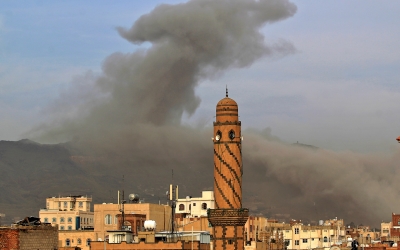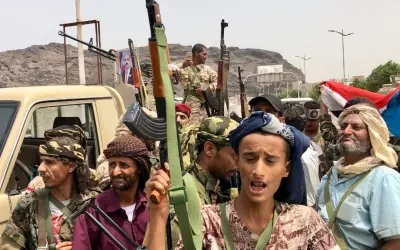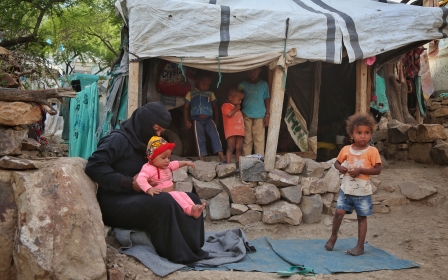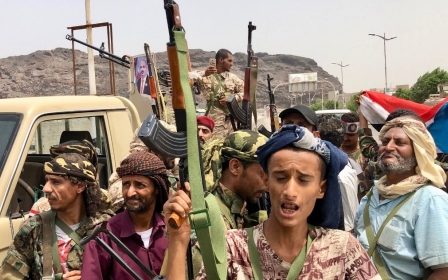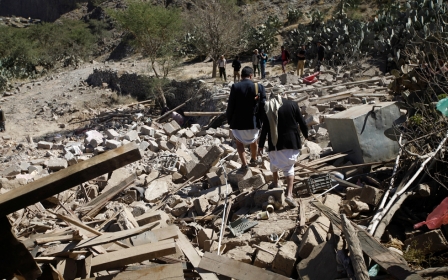Yemen government and separatists agree to ceasefire, Saudi coalition says
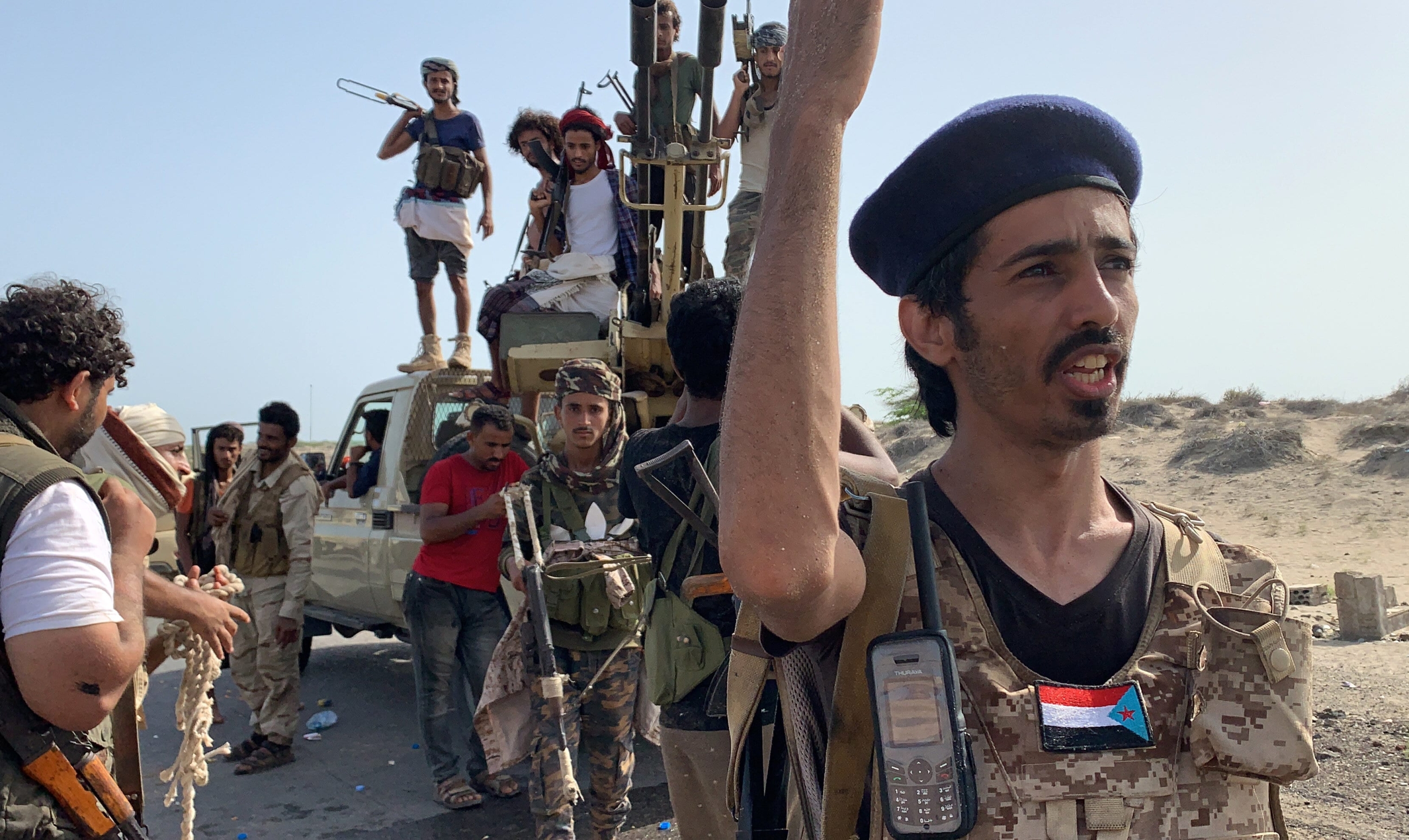
Yemen's government and the UAE-backed southern separatist forces have agreed to a ceasefire in the flashpoint region of Abyan and will begin talks aimed at ending months of infighting, the Saudi-led coalition embroiled in the country's war has said.
Monday's agreement, which will see a ceasefire in Abyan province and the de-escalation of tensions in other southern regions, aims to close a rift between Saudi Arabia and the UAE, titular allies in the war against the Houthis.
Turki al-Maliki, spokesman for the Saudi-led coalition, said delegates from the Yemeni government and the separatists' Southern Transitional Council (STC) are meeting in Riyadh to push for the implementation of a November 2019 ceasefire deal that ended previous clashes.
The STC and Hadi's forces are supposed to be allies in Yemen's complicated conflict and both have fought together in the war against the Houthis, who seized large parts of Yemen in 2014, including the capital, Sanaa.
But the STC turned on the internationally recognised government in August last year and subsequently seized control of the southern port city of Aden.
The key city serves as the interim capital of the Saudi-backed government of President Abd-Rabbu Mansour Hadi.
Nizar Haitham, a spokesman for the STC, welcomed the Saudi coalition's de-escalation calls across Yemen's southern districts.
However, three officials in the council's leadership said on condition of anonymity that while the STC stands by their declaration of self-rule, they were open to Saudi-led negotiations.
Anwar Gargash, the UAE's minister of state for foreign affairs, tweeted his appreciation for Saudi Arabia's "relentless efforts to achieve stability in Yemen".
Clashes between Saudi coalition and STC
The call for a ceasefire comes just days after the STC assumed control of the strategically located island of Socotra.
The STC, which raised the flag of the former communist state in the south and has pushed to split the war-torn country in two, appointed a new governor to the island on Monday, an announcement that was condemned by Maliki.
"The coalition regrets the latest developments in a number of southern provinces and calls on the parties to prioritise Yemen's national interest ... and to stop bloodletting," Maliki said.
The Yemeni government also slammed the announcement, accusing the STC of staging "a full-fledged coup".
Since last Monday, coalition warplanes have been hovering over the capital and other provinces almost daily, and have killed at least 13 civilians including four children, sparking international condemnation.
The attack happened the same day the coalition, which is primarily made up of Saudi and UAE forces, was removed from the UN’s Children and Armed Conflict report’s blacklist for the first time in three years.
Yemen has endured years of chaos since the Houthis seized the capital and ousted Hadi from power.
Saudi Arabia and its allies intervened in the country's civil war on 26 March 2015 to prop up Hadi's beleaguered government and have since carried out more than 20,000 air attacks, with one-third striking non-military sites such as schools and hospitals, according to the Yemen Data Project.
The Armed Conflict Location and Event Data Project (ACLED), an American NGO, has reported that more than 100,000 people may have died as a result of the war.
Heavy bombardments and air strikes have hampered access to health care and increased pressure on the few facilities that are still functioning.
Middle East Eye delivers independent and unrivalled coverage and analysis of the Middle East, North Africa and beyond. To learn more about republishing this content and the associated fees, please fill out this form. More about MEE can be found here.


